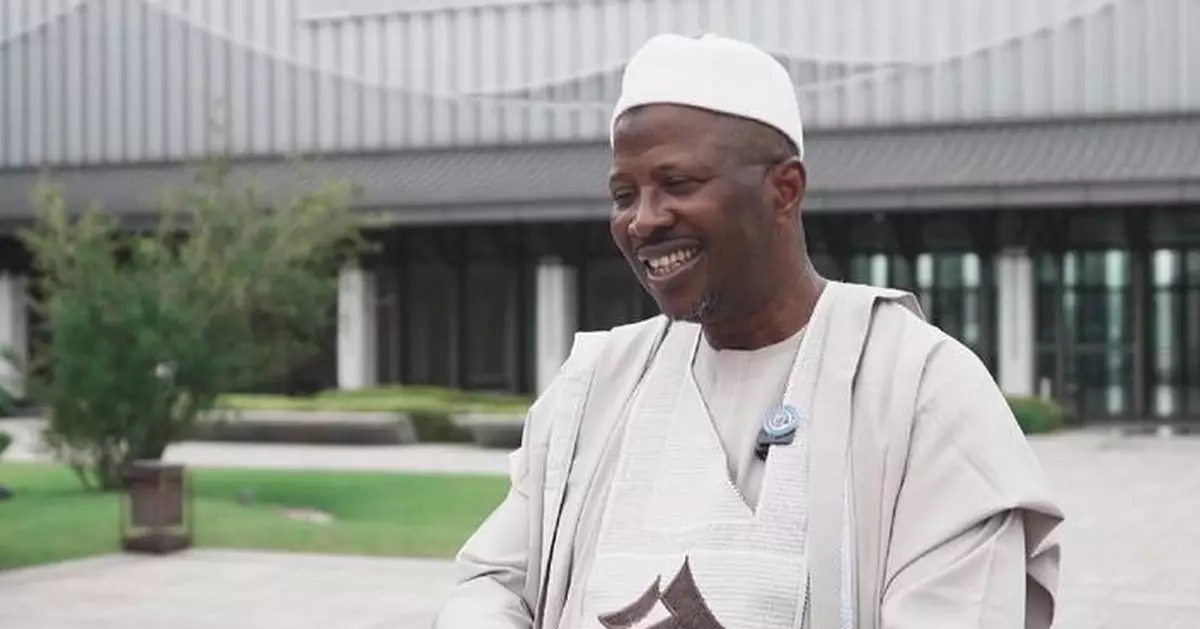Gambiaj.com – (Changsha, China) – Gambia’s Trade Minister Baboucarr Ousmaila Joof has hailed China’s sweeping new zero-tariff policy as a historic opportunity for African exporters, particularly for smaller economies like The Gambia, to tap into the world’s second-largest consumer market.
Speaking in Changsha, central China, during the 4th China-Africa Economic and Trade Expo, Joof said China’s removal of tariffs on all taxable goods from 53 African countries signals a new chapter in Africa-China trade relations, one that could reshape the continent’s economic prospects.
“It positively affects our exports, because that is giving us access to arguably the second largest consumer market globally,” Joof told CGTN. “That gives Gambians an opportunity that we never had before — to be able to sell whatever we produce, whether this is in terms of raw materials or value-added products.”
China has remained Africa’s largest trading partner for 16 consecutive years, and the new tariff removal, announced this week, is expected to significantly boost the continent’s access to Chinese markets.
For The Gambia, where exporters have long faced barriers to scaling up beyond raw commodities, this move could unlock new opportunities in agribusiness, light manufacturing, and food processing.
Joof contrasted China’s open-door approach with recent protectionist trends in the West, particularly the United States, which has increased tariffs on several African nations. He warned that such measures undermine inclusive global trade and isolate smaller, least developed countries (LDCs).
“All this protectionism, all these things about tariffs — all these retrogressive policies and measures — we think will not live long,” Joof said. “The small nations, the least developed countries like ours, expect the world to be thinking inclusively. No country can walk alone and get what they want.”
At the trade expo, Joof emphasized the broader developmental impact of China-Africa cooperation, citing China’s investment not just in financing but also in skills and infrastructure transfer — especially in trade-related infrastructure, where many African nations still face deficits.
“China is not only providing resources to the African continent. They are sharing; they’re transferring skills. Countries like us have a huge infrastructure deficit, particularly trade infrastructure,” he noted. “China is helping reduce that deficit to allow LDCs to participate in global trade.”
Joof also extended an invitation to Chinese light manufacturing companies to consider The Gambia as a strategic base for production and export, noting the country’s logistical advantages — including air access to Europe in five hours and its proximity to North and South America.
He concluded with optimism about the deepening ties between Africa and China: “We hope with our friendship and all these agreements we are signing, it will make it possible for the two peoples to come together.”
The China-Africa Economic and Trade Expo continues to serve as a key platform for promoting African goods, fostering trade deals, and enhancing industrial cooperation between the two regions.










